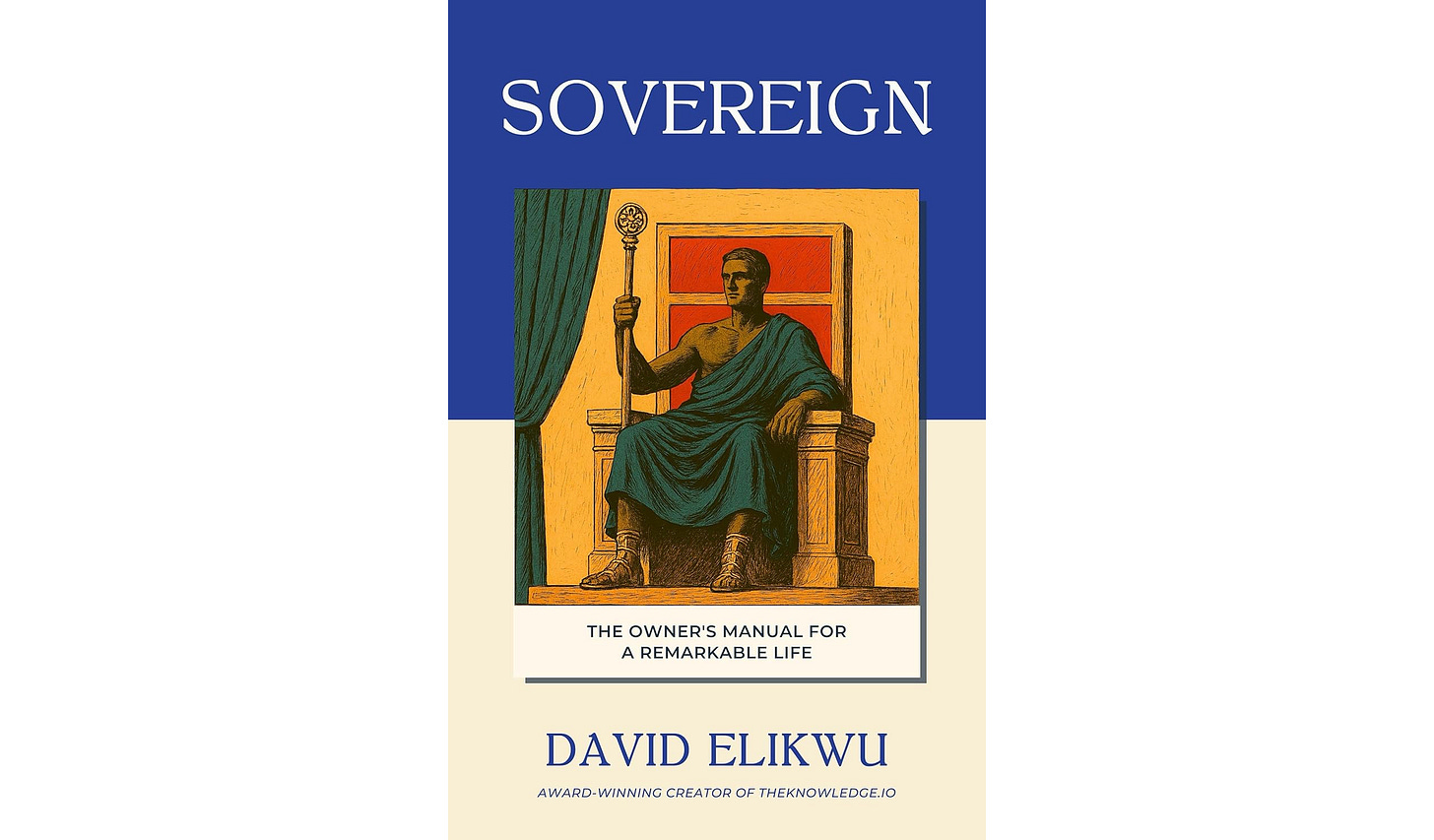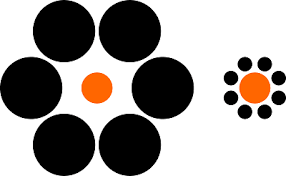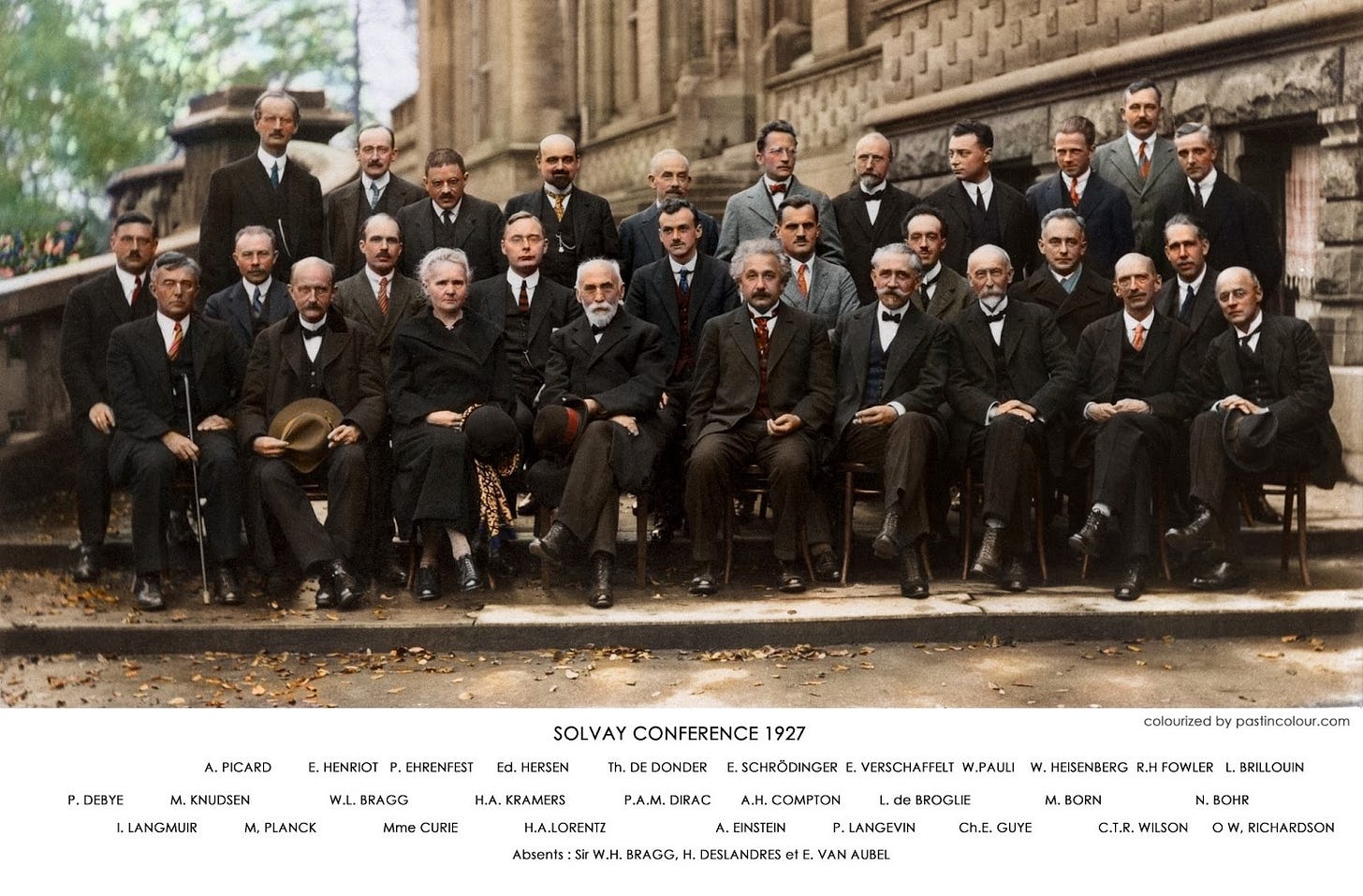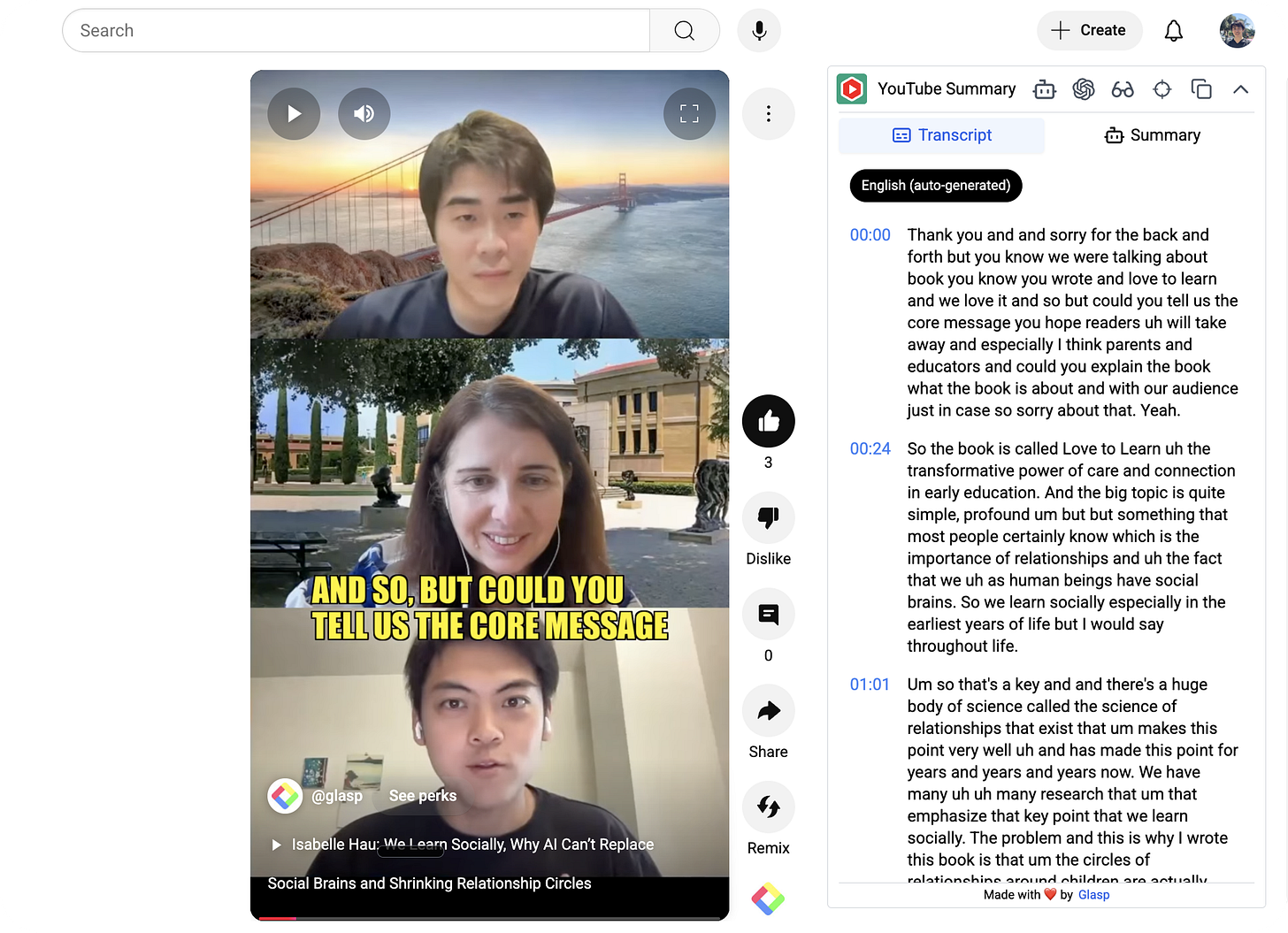Your Friends are Your Future
Glasp’s note: At Glasp, we value the close personal relationships we’ve built with thinkers, creators, and doers who fuel curiosity and growth. This week, we spotlight David Elikwu, founder of The Knowledge, a platform helping over 40,000 people enhance their productivity, creativity, and decision-making. You might remember him from his Glasp Talk appearance, where he shared insights on originality, critical thinking, and decision making.
David’s new book, Sovereign: The Owner’s Manual for a Remarkable Life, was published on September 24, 2025, and we’re excited to collaborate again. We’re honored to continue learning from David and thrilled to share his thoughtful reflections with our community.
Sovereign is the handbook for outsiders ready to bend reality in their favour - a practical guide to rewriting the limits of work, wealth, and life.
If you want to reread or highlight this newsletter, save it to Glasp.
“If you hang around the barbershop long enough, sooner or later you’re going to get a haircut.”
— Denzel Washington
You may have heard this phrase before: “You’re the sum of the five people you spend the most time with.” It’s cliché, but usually true – birds of a feather flock together. Our environment shapes us in ways we often fail to recognise.
We pick up habits and behaviours via osmosis – through the energy in the air of the places we inhabit. The fastest way to learn a language is the same as the fastest way to build any habit or skill: immersion. Surround yourself with Spanish speakers, and your Spanish will improve. Surround yourself with productive people, and your productivity will increase.
The people you spend the most time with will influence the habits you develop, the ideas you sit with, and the products you buy. This phenomenon isn’t limited to just the people you directly interact with.
Nicholas Christakis and James Fowler’s research on social networks found that the behaviours of people in our social circles—including habits like smoking or obesity—extend well beyond our immediate circle. Their Framingham Heart Study was a longitudinal medical investigation tracking health choices in networks of people over the course of 32 years. Results showed that health choices, like smoking or weight gain, can be influenced by people you don’t even know – up to three degrees of separation. Meaning your friend’s friend’s friend could affect your choices without you ever realising it.
For instance, in their 2007 study on obesity, they found that if someone in your social network becomes obese, your chances of becoming obese increase by 57%. This happens even if your direct relationship with them is minimal. Other lifestyle habits followed similar patterns. When one person in a group quits smoking, their decision ripples through the network, encouraging others to do the same, whether they’re close friends or several degrees removed.
Show me your friends, and I’ll show you your future
On a dark and stormy night in 1816, a group of friends were cooped up together, sheltering from the elements. Lord Byron was there, and his doctor, John Polidori. So were Mary Shelley, her lover Percy Shelley, and her stepsister Claire Clairmont, who was pregnant with Byron’s child. A rather circular affair.
It was pretty miserable being stuck indoors during a storm. They coped by writing horror stories. Polidori wrote The Vampyre, the first work of fiction to include a blood-sucking hero (rumoured to be based on his friend and patient Lord Byron), which laid the groundwork for modern vampire mythos. Mary Shelley wrote Frankenstein, which became a cornerstone of both horror and science fiction.
None of this was a coincidence; the magic came from the inspiration they fed each other. From their competitive spirit and the unique combination of minds present. Seemingly overnight, they set a new baseline for literature. People love horror stories, but most people have no idea that some of the most iconic characters in the genre were born on the same night because four writers were sharing a cabin.
We see similar dynamics throughout history. Would the personal computer revolution have unfolded in the same way without the rivalry and mutual admiration between Bill Gates and Steve Jobs? Would modern fantasy literature look the same without the creative exchanges between C.S. Lewis and J.R.R. Tolkien in their writing club, The Inklings?
Your circle doesn’t just influence you – it defines your sense of normal and can push you to greater heights than you might ever have imagined on your own.
How Circles Shape You
You may have come across the popular Ebbinghaus optical illusion featuring two orange circles. They’re identical in size, but appear dramatically different. One seems large, the other small. The difference is in what surrounds them.
The first orange circle sits among large grey circles. By comparison, it looks tiny. The second sits among small grey circles, making it appear enormous. The same circle in a different context creates a completely different perception.
This is how easily context can shape reality. A famous photograph from the 1927 Solvay Conference illustrates how a similar illusion plays out in our lives.
The photograph shows 29 physicists and chemists, many of whom would later become household names. Einstein. Curie. Heisenberg. Schrödinger. Planck. Of the 29 people in that room, 17 would go on to win Nobel Prizes. But, crucially, they didn’t have them at the time this picture was taken.
This shows the concept of ‘scenius’ coined by Brian Eno. Scenius is emergent, collective intelligence – the energy in the air when like minds gather, which can amplify individual talent through exchanged ideas and incremental development.
In the case of the 1927 Solvay Conference, you didn’t win the Nobel Prize because you happened to be in that room. You were in that room because you were the kind of person who wins Nobel Prizes. Being surrounded by other future Nobel laureates undoubtedly reinforced that identity. The room was full of people thinking at the highest level, treating groundbreaking discoveries as normal Tuesday conversations.
Imagine being Marie Curie—the only woman present, among giants of science. But in that room, they were peers. Her context made her achievements seem almost routine, which likely made her next breakthrough feel not just possible, but inevitable.
This is the power of high-expectation environments.
There’s a group of old colleagues who came to be known as the PayPal Mafia. The early employees at PayPal—including Elon Musk, Peter Thiel, David Sacks, and Reid Hoffman—went on to fund, found, or lead Facebook, Tesla, SpaceX, LinkedIn, YouTube, Yelp, Yammer, and countless other billion-dollar companies. They didn’t become successful entrepreneurs solely by virtue of working at PayPal. But working alongside other ambitious, capable people normalised the idea of starting world-changing companies. There was something in the water.
Choose your circle wisely. The people and ideas you surround yourself with will shape your trajectory more than you imagine.
📚 Book: “Sovereign: The Owner’s Manual for a Remarkable Life“
Sovereign is the handbook for outsiders ready to bend reality in their favour – a practical guide to rewriting the limits of work, wealth, and life.
We live in an age of overload: too many goals, too many options, and too much noise. Sovereign is a manual for cutting through the clutter and learning to live with clarity, conviction, and control.
In Sovereign, David Elikwu invites readers to step off the conveyor belt of conventional success and rethink what it means to lead a remarkable life. Through stories, mental models, and field-tested principles, he shows how to take ownership of your time, your choices, and your trajectory—without needing to escape to a monastery or hustle harder than everyone else.
Sovereign combines timeless philosophy with grounded insight: from Stoicism to neuroscience, from street-smart decisions to the psychology of effort. You’ll learn how to think clearly, act deliberately, and stay focused in a world designed to distract you.
📣 Community Updates by Glasp
🟥 Glasp Talk with David Elikwu:
Glasp Talk features intimate interviews with luminaries, revealing their emotions, experiences, and stories. The guest, David Elikwu, is a founder of The Knowledge, a platform helping over 40,000 people enhance their productivity, creativity, and decision-making.✨ Want a concise summary before diving in? Install the YouTube Summary with ChatGPT extension by Glasp for instant video summaries!
🟩 YouTube Summary Extensions Updated:
We’ve updated the YouTube Summary for Chrome, Edge, and Firefox add-ons. In this update, we added a widget for YouTube Shorts. Now, it’s easier than ever to get transcripts and summaries of YouTube Shorts.
(*This update is not yet included in the Glasp extension, but we’re working on it, and it will be released soon.)
Would you like to take Glasp on the go?
With the Glasp mobile app, you can highlight and organize your favorite content anytime, anywhere. Stay productive on the move and never miss an insightful quote.
Partner With Glasp
We currently offer newsletter sponsorships. If you have a product, event, or service you’d like to share with our community of learning enthusiasts, sponsor an edition of our newsletter to reach engaged readers.









Congrats on publishing a new book, David!
It's so inspiring that you can find your book in a bookstore when you visit it.
I'm surprised that "Of the 29 people in that room, 17 would go on to win Nobel Prizes. But, crucially, they didn’t have them at the time this picture was taken."
Also, I resonate with your last message, "Choose your circle wisely. The people and ideas you surround yourself with will shape your trajectory more than you imagine."
Thank you for your amazing post!
Thank you, David! And congrats on launching a new book!
The piece is a powerful reminder that our environment shapes who we become. From Mary Shelley’s stormy night to the PayPal Mafia, history shows that circles of influence can spark entire movements. Choosing the right people around you is choosing your future!